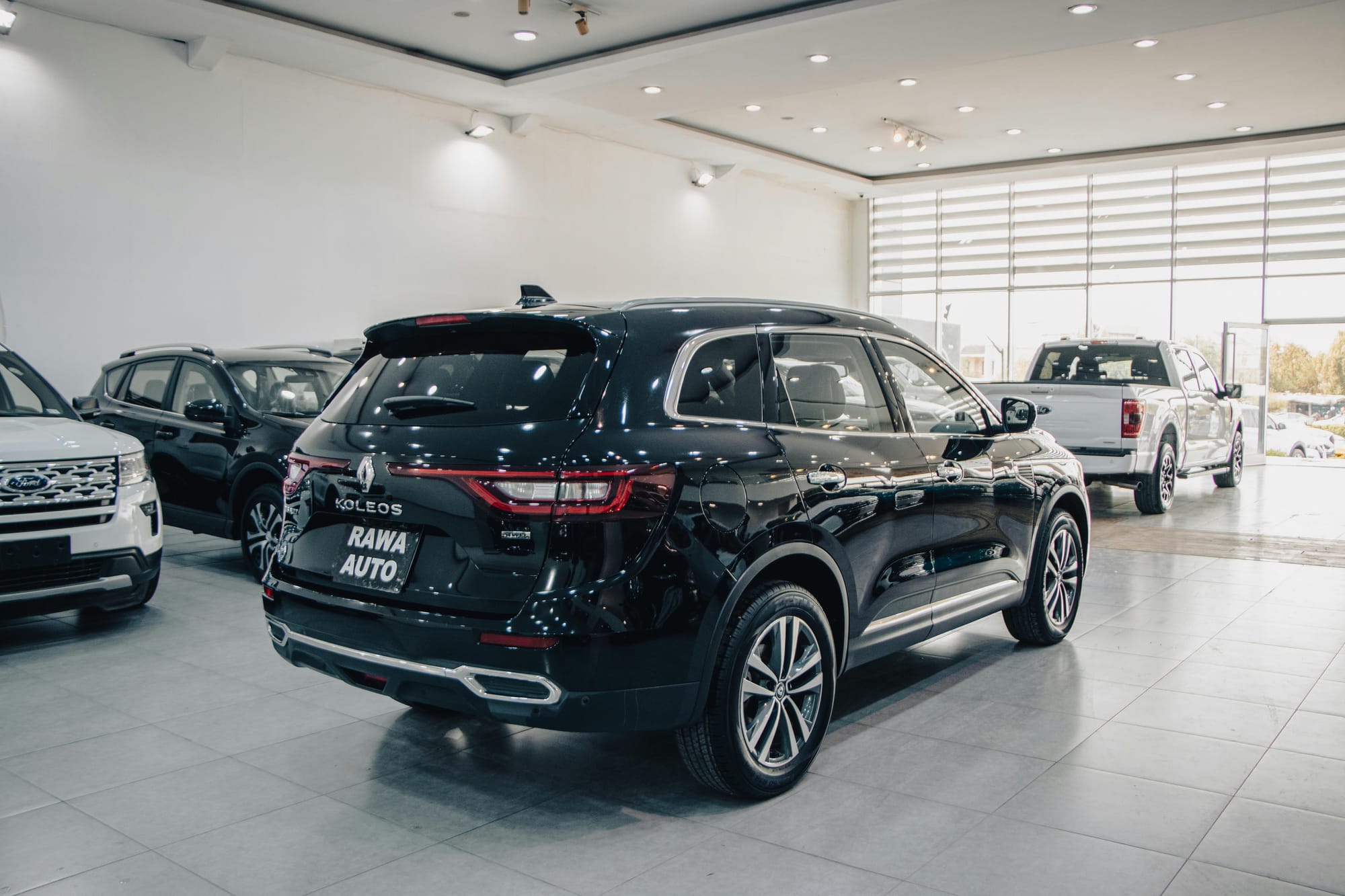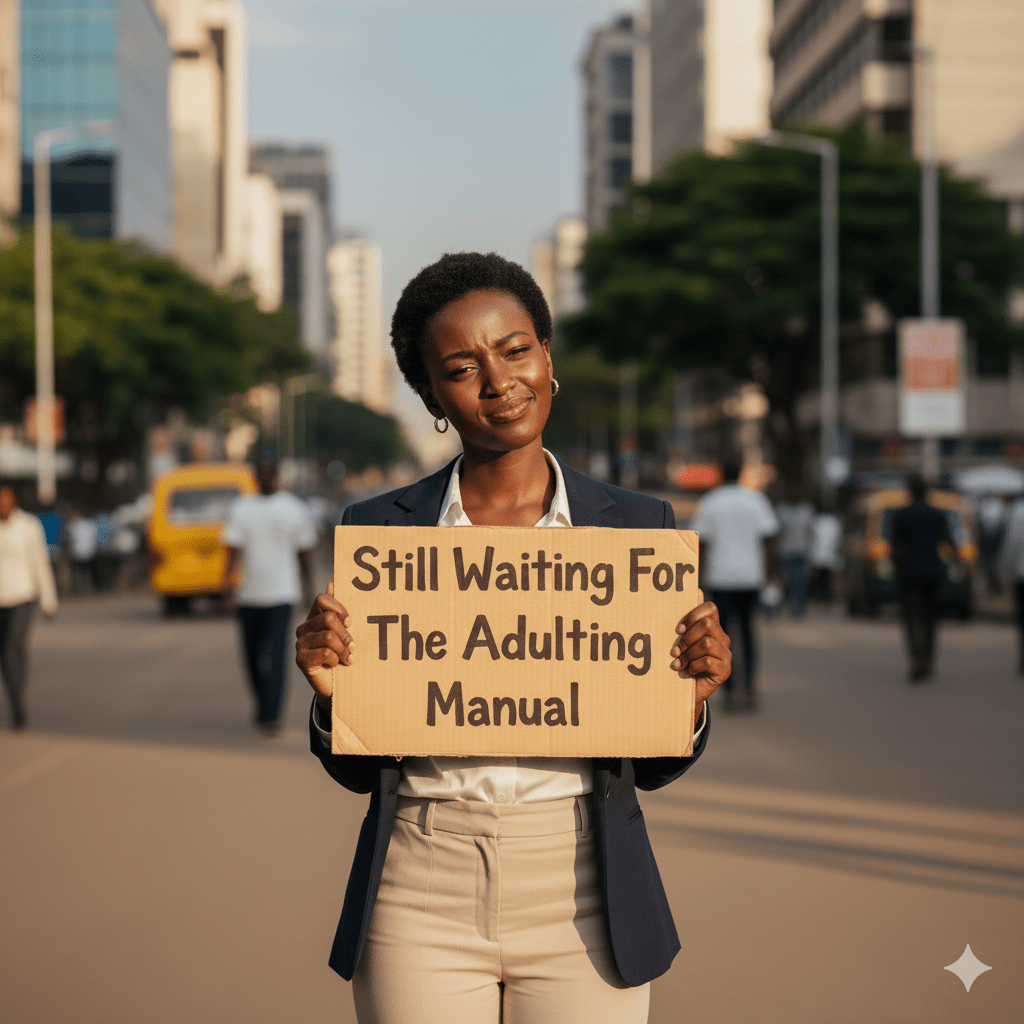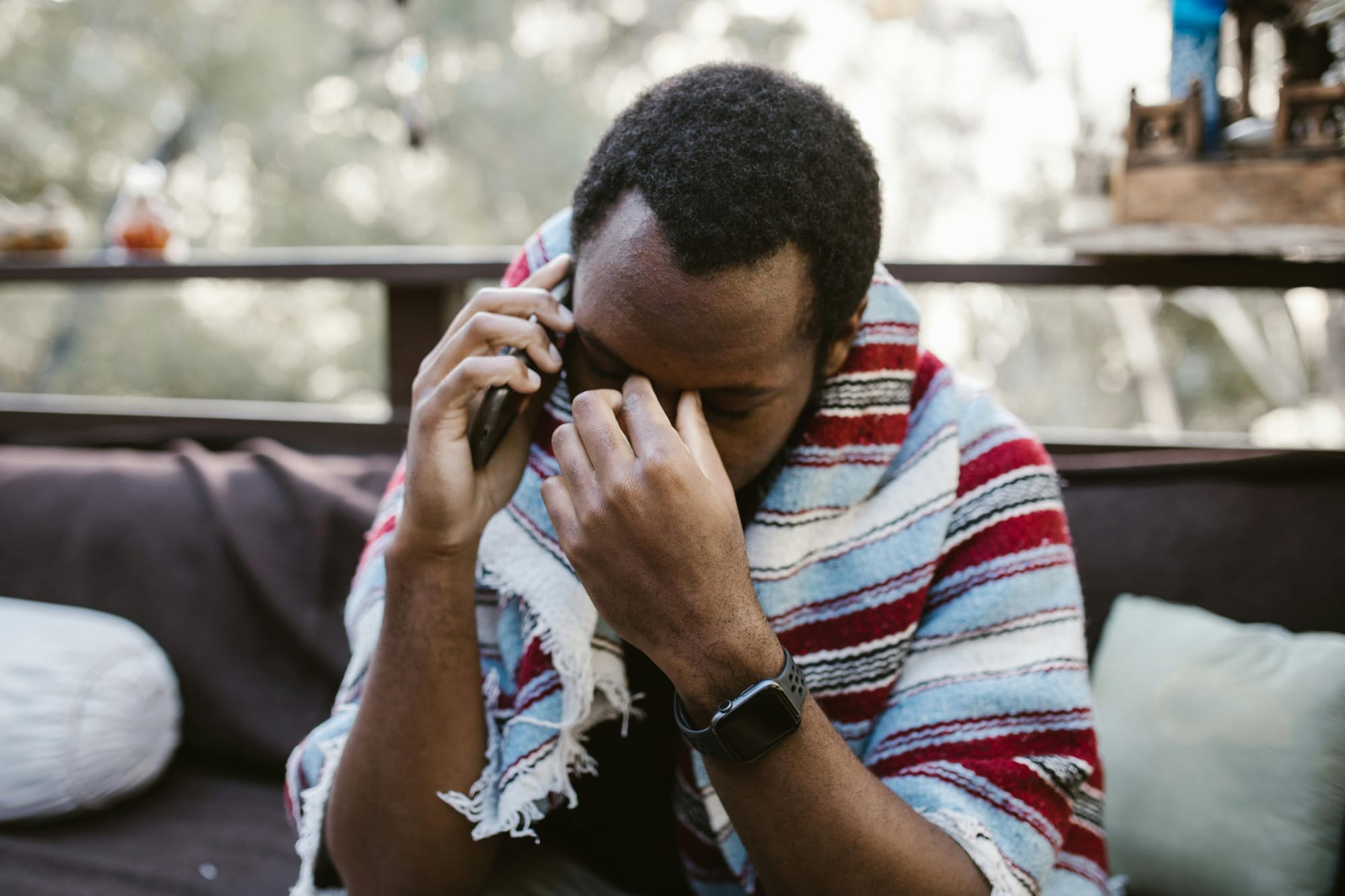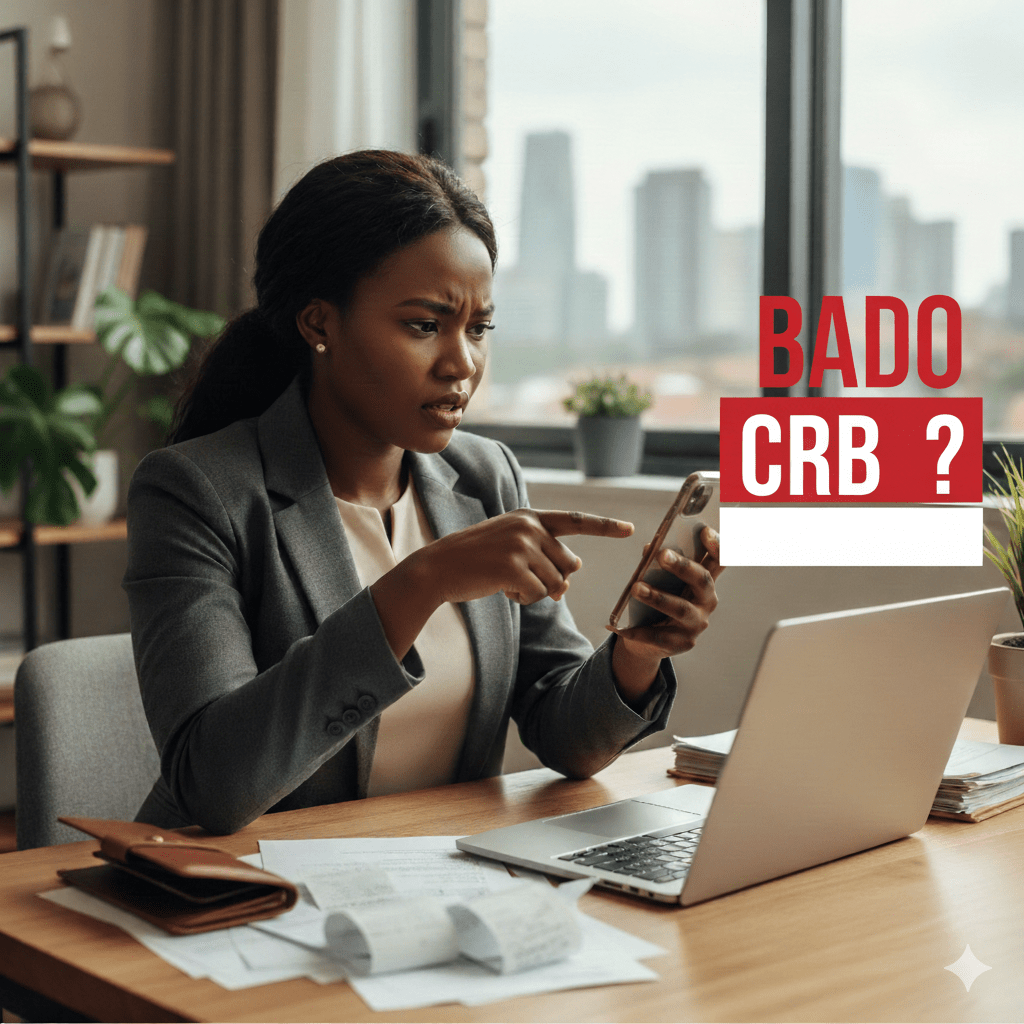9 Common Questions Kenyan Car Buyers Ask—With Clear Answers on Costs, Mileage & Paperwork

Buying a car in Kenya is an exciting experience, but it can also be overwhelming. Whether you’re a first-time buyer or an experienced motorist upgrading your ride, the same questions keep coming up. Below are the nine most common questions Kenyan car buyers ask, with straightforward answers on costs, mileage, paperwork, and more to help you make a confident decision

1. Should I import a car or buy locally?
Many buyers wonder whether importing is cheaper than buying from a local yard.
· Importing: Often cheaper by 10–20% and gives you more choice, but you’ll wait 6–8 weeks and must deal with taxes, duty, and compliance.
· Local yards: Faster and convenient, but prices are usually higher since dealers factor in their margin.
Tip: If you’re patient and want control, import. If you want instant gratification, buy local.
2. How much duty and tax will I pay?
Taxes can add 45–70% of the car’s Customs Value (CIF). Costs include:
· Import duty (25%)
· Excise duty (20–30% depending on CC and age)
· VAT (16%)
· Import declaration & railway levy
Tip: Use the KRA CRSP (Current Retail Selling Price) database to estimate before committing.
3. What cars are cheapest to maintain in Kenya?
This is one of the biggest concerns. Cars with readily available spare parts and mechanics familiar with them cost less in the long run.Popular reliable models include:
· Toyota Premio, Axio, Fielder
· Mazda Demio
· Nissan Note
· Subaru Forester (for AWD lovers)
4. Is mileage really important?
Yes and no.
· Below 100,000 km is usually ideal.
· But low mileage isn’t everything—maintenance history matters more. Some cars clocked down by dealers may look attractive but hide major issues.
Tip: Always insist on a VIN check or inspection report before buying.
5. What’s the maximum age of cars allowed for import?
Kenya only allows cars up to 8 years old from the year of manufacture. Anything older will be rejected at entry.
Example: In 2025, only cars manufactured from 2017 onwards can be imported.
6. Should I buy a hybrid or stick to petrol/diesel?
With rising fuel costs, hybrids are attractive. Toyota Prius, Honda Fit Hybrid, and Toyota Axio Hybrid are popular.
· Pros: Lower fuel consumption, environmentally friendly.
· Cons: Battery replacement (KES 120,000–200,000) after several years.
If you drive mostly in Nairobi’s traffic, hybrids make sense. For rural areas with fewer hybrid mechanics, petrol is safer.
7. How do I avoid being conned?
Scams are common, especially online. Protect yourself by:
· Meeting sellers in person.
· Cross-checking the logbook on NTSA TIMS.
· Avoiding “too good to be true” prices.
· Using escrow services when importing.
8. How much should I budget beyond the purchase price?
Many buyers forget extra costs. Apart from buying the car, set aside for:
· Transfer fees (KES 2,000–20,000 depending on CC)
· Insurance (comprehensive can be 4–7% of car value)
· New tyres, service, or small repairs
Rule of thumb: Have at least KES 50,000–100,000 extra ready.
9. Which insurance cover should I take?
Kenyan buyers often debate between:
· Third Party Only: Cheapest, covers damage to others.
· Comprehensive: Covers theft, accidents, fire, and more.
If your car is worth more than KES 500,000, comprehensive is wiser. If it’s an older car, third party may be enough.
Final Word
These nine questions are just the beginning, but they address the most significant concerns for most Kenyan buyers. The key is to do your homework, confirm details with KRA/NTSA, and never rush into a deal. A car is a significant investment—getting it right will save you money, stress, and regret.
Remember!
Before making a decision, check your budget. And if you’re short on cash, talk to us, we finance up to 60% of your car’s value! Contact us through our contact form, call us on +254791573231 or visit one of our branches across Nairobi, Kiambu, Machakos, and Kajiado counties to explore your financial options.




Comments ()